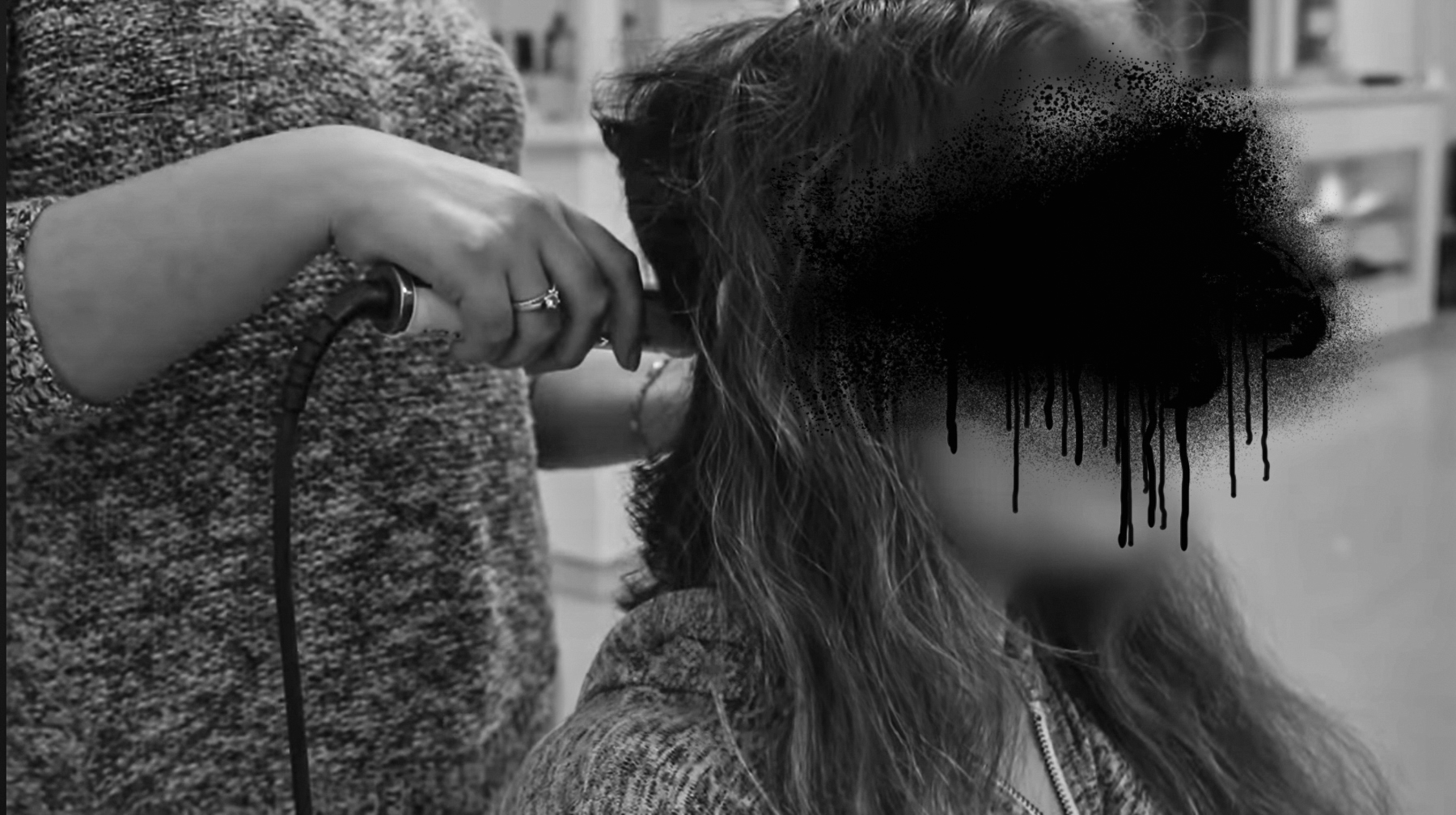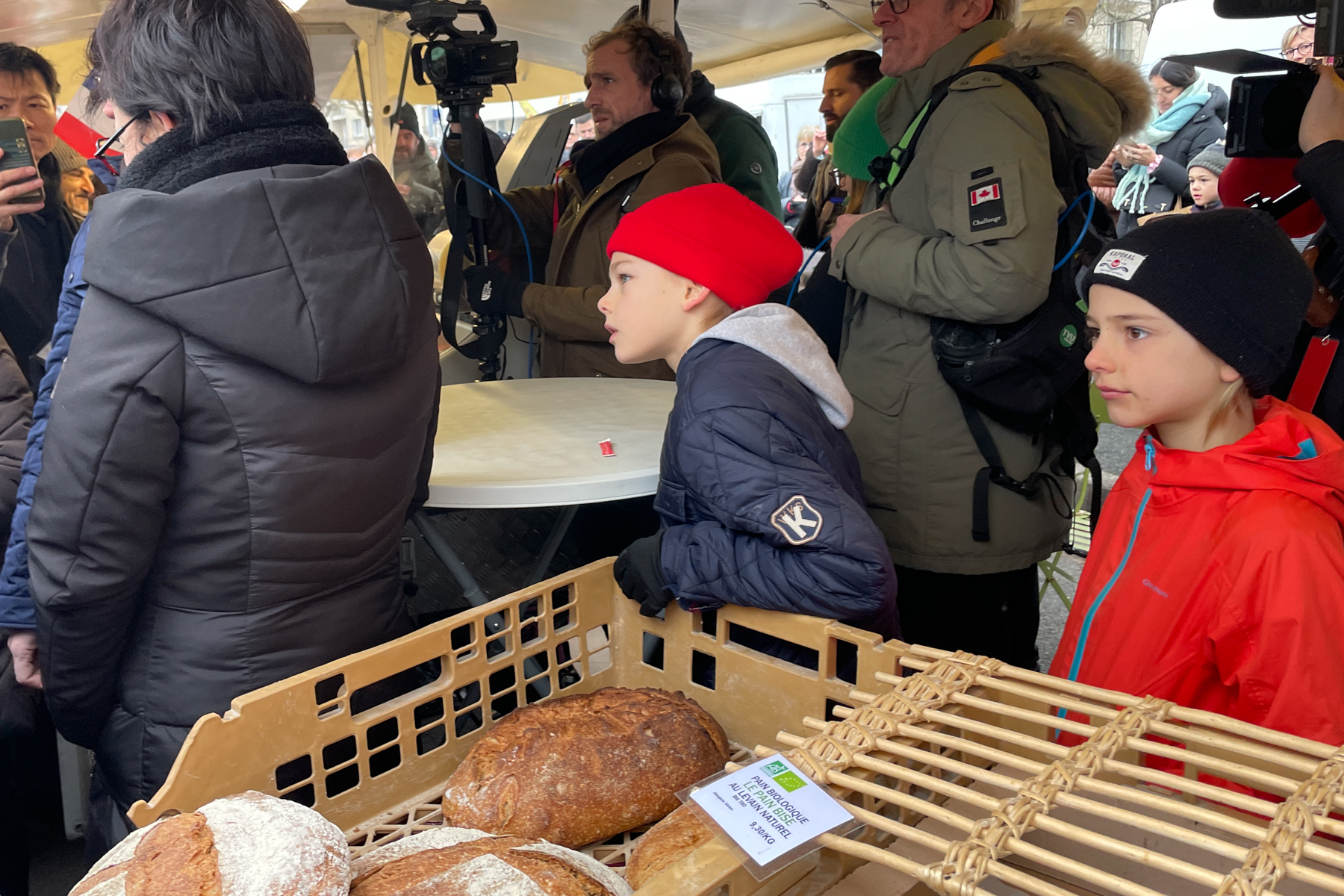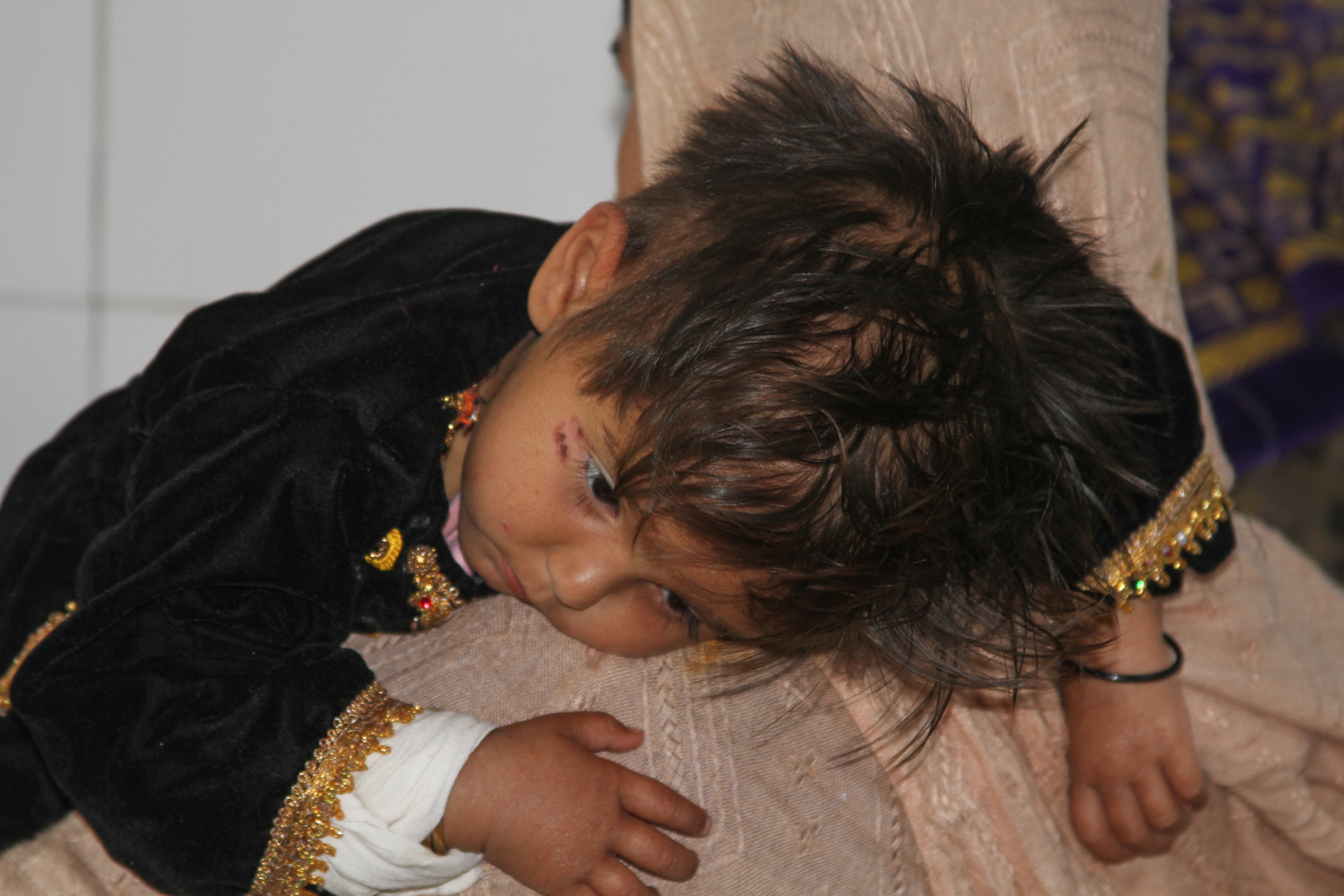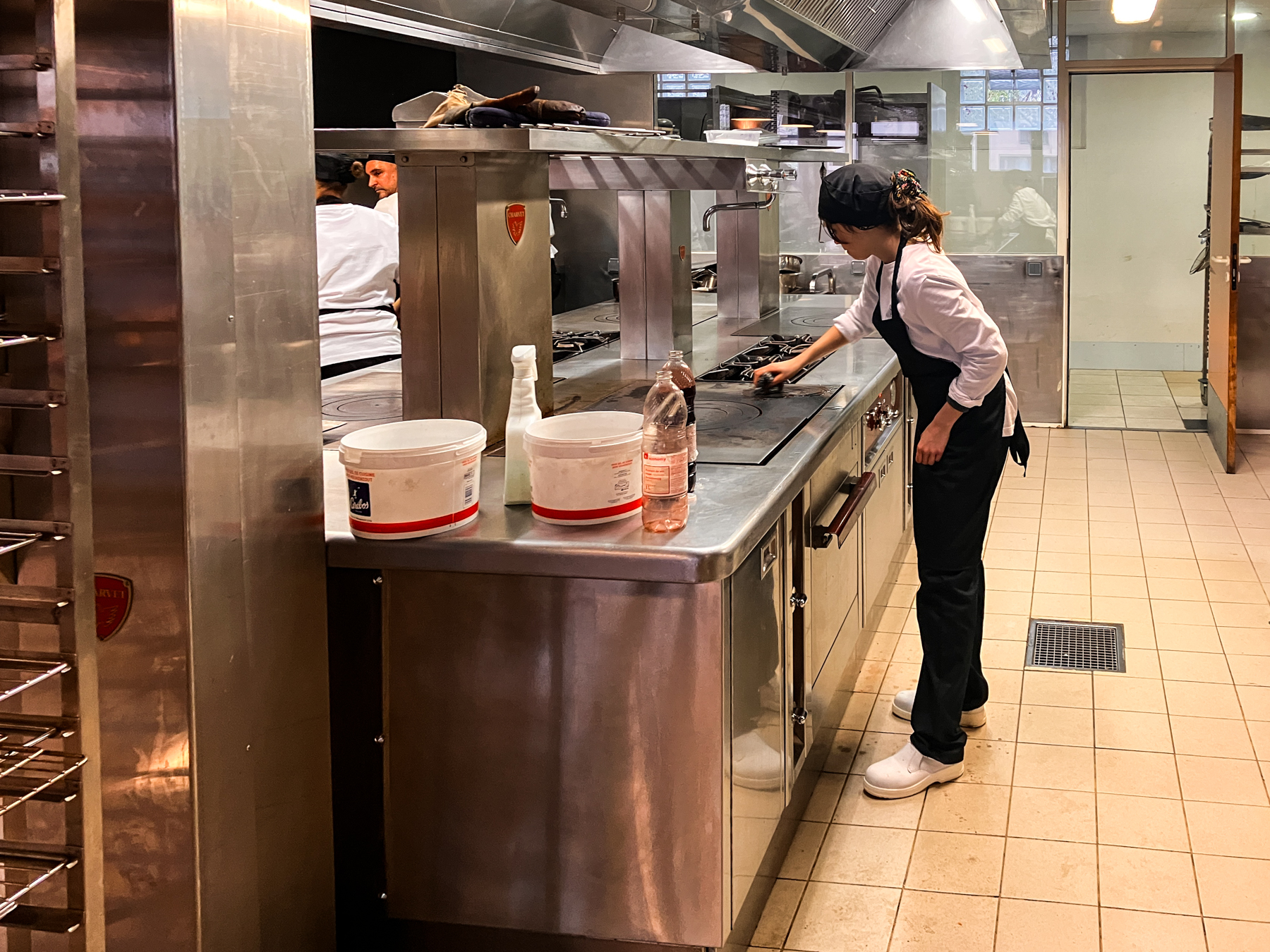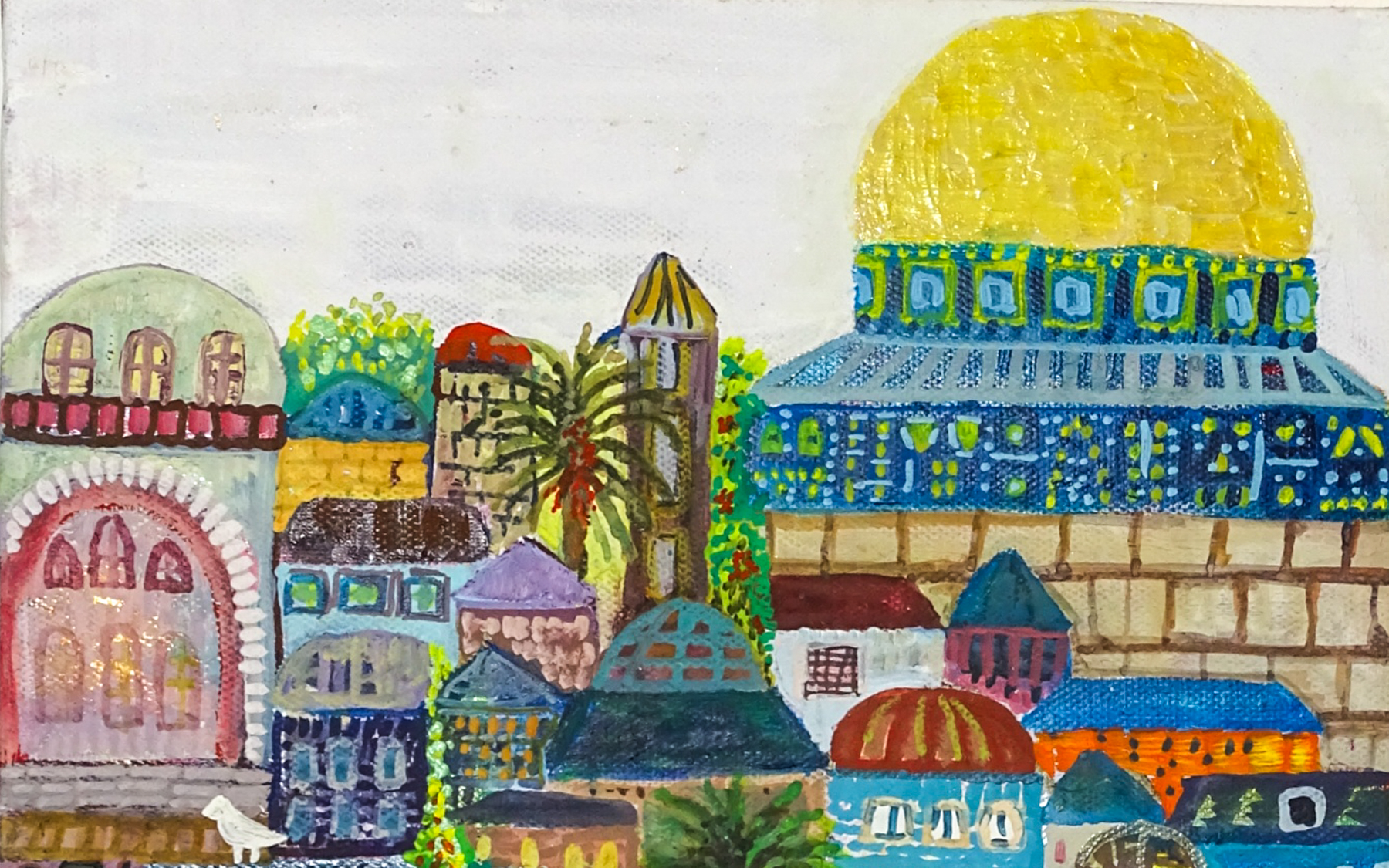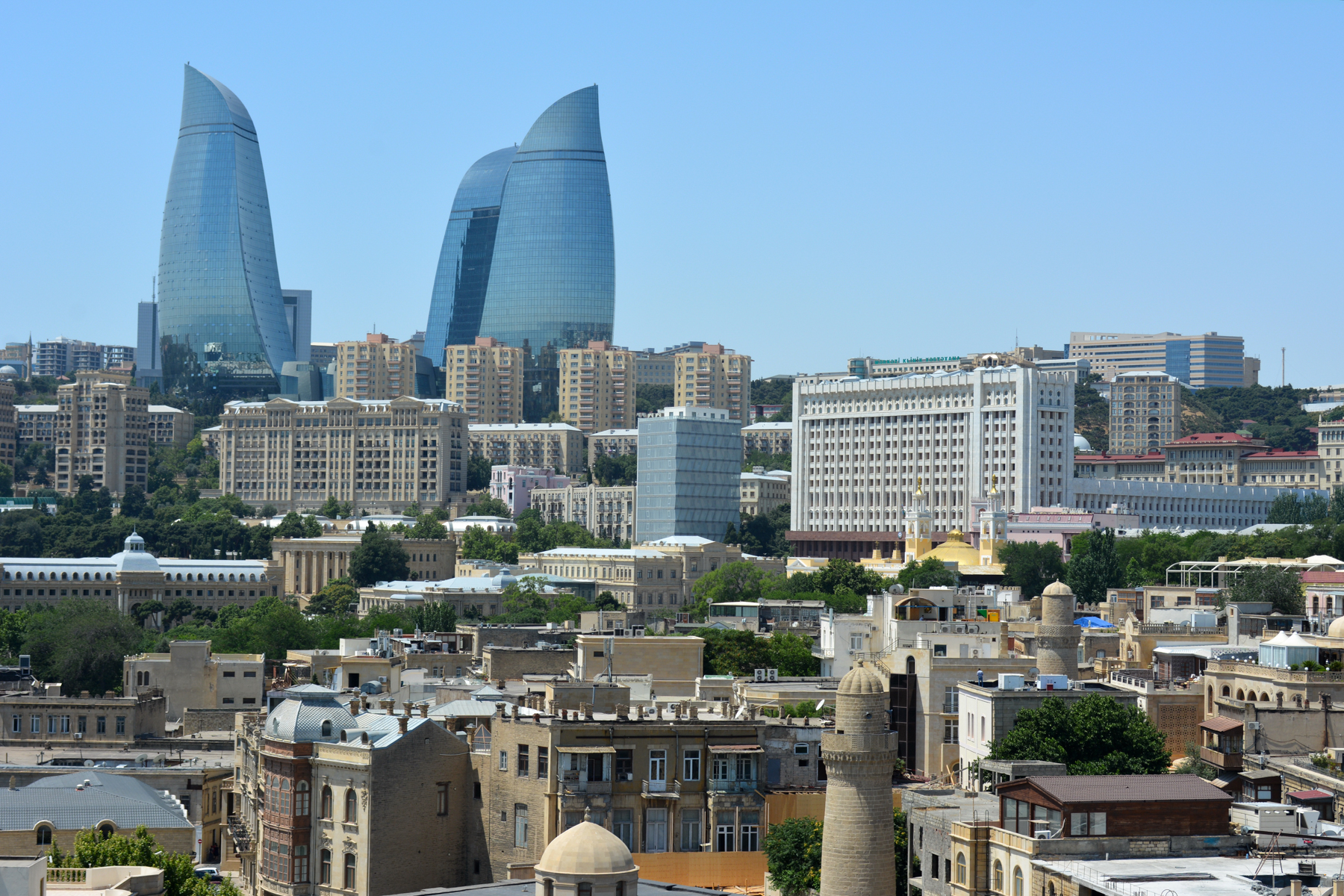
Hamstrung by Trump’s Executive Order, a Syrian Family and a U.S. Private Sponsor Group Hope for an Exception
STORY BY HEATHER M. SURLS
The day of Donald Trump’s inauguration, Rania Walid Alyousef checked her social media feeds often. The wife and mother of three, who has lived in Amman, Jordan, since 2013, was apprehensive.
Last year, she and her husband, Mohammed Basim Alkurdi, known as Basel, had connected with a group of Americans willing to sponsor their family’s resettlement through Welcome Corps, a private sponsorship program. The family’s and their sponsors’ applications were progressing, and the family’s move to the U.S. seemed within reach.
But after Trump’s November reelection, Rania recognized that renewed travel bans and cuts to immigration were possible, given the way Trump halved refugee admissions in 2017. So when news of the president’s executive order halting refugee programs came across her screen, she was upset and saddened but not surprised.



